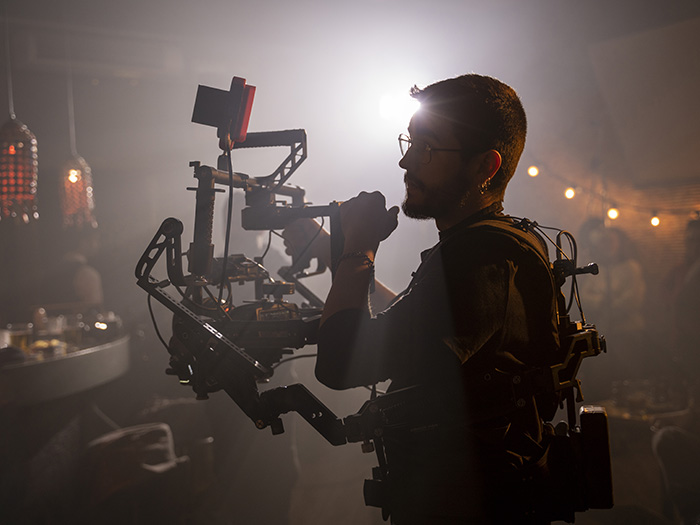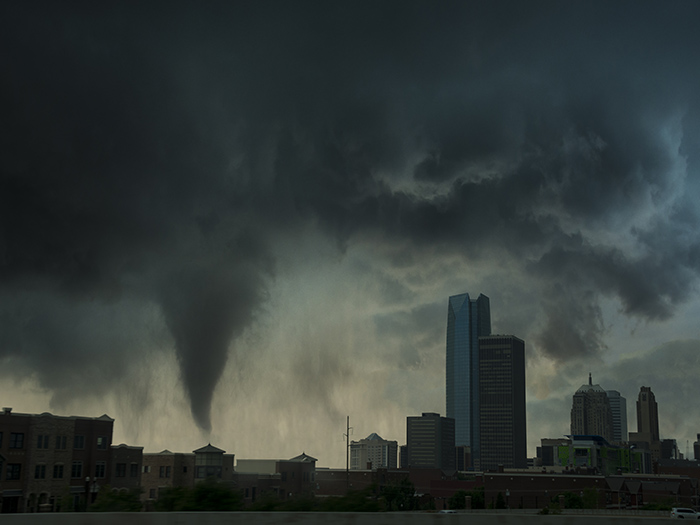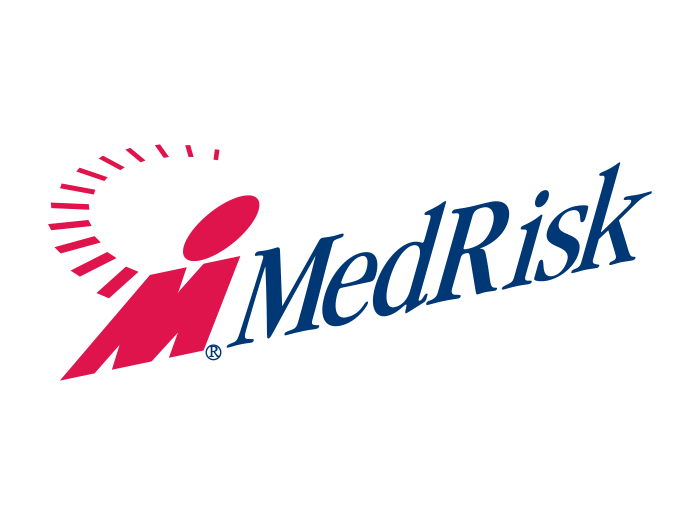‘Rust’ and Astroworld Festival Fatalities Accelerate Calls for Stricter Entertainment Industry Safety Standards and Tighter Enforcement

The fatal shooting of cinematographer Halyna Hutchins with a live round on the production set of the film Rust in Santa Fe sent shockwaves through the entertainment industry.
Barely a month later, the sector was rocked by the deaths of 10 people following a stampede at rock star Travis Scott’s Astroworld Festival in Texas.
Both incidents have led to growing calls for entertainment sector safety protocols to be tightened by the U.S. Congress and at the state level.
In the wake of the Rust shooting, Kurt Miner, MD of Allianz Risk Consulting’s entertainment division, said that film studios were banning live firearms and implementing a policy of using only visual effects on set. Any production companies that want to use even blank rounds, he said, now have to submit a plan outlining the case for why they need to have them.
“Some production companies that still want to use guns on set have gone a step further and introduced rubber guns that don’t fire anything,” said Miner. “And we always ask our clients to have an armorer or prop master on location at all times, to hand out the rubber guns, if necessary.”
Brian Higgins, professor of risk management at John Jay College of Criminal Justice and principal of Group 77 Public Safety and Security Consulting, said that the Rust tragedy has merely reinforced the need to adhere to the basic standards around prop gun safety that are currently in place.
While the call for new protocols to be introduced has grown louder, he said that it was more important to follow existing guidelines. “The problem was that they didn’t follow the correct safety protocols,” Higgins said. “Had they done that, this unfortunate tragedy would never have happened.”
The State of New Mexico Occupational Health and Safety Bureau has fined Rust Movie Productions LLC the maximum amount of $136,793 for its “willful and serious” violation of workplace safety procedures.
However, while Congress has been looking at both the Rust and Astroworld incidents, it has yet make any changes or add new safety protocols.
Safety Improvements
Arising from the Astroworld incident, the State of Texas has committed to examining all aspects of mass gatherings within its jurisdiction and identify any possible safety improvements. Governor Greg Abbott has also formed the Texas Task Force on Concert Safety to mitigate against future incidents.
The task force will be responsible for devising crowd control strategies and security measures, as well as addressing the problem of controlled substances use at venues.
It has also produced a report to address the gaps that contributed to safety failures at the Astroworld event, while using it to improve safety standards for mass gatherings of all types in the state.
From the report’s key findings, the task force has put together a production guide for future events. The Event Safety Alliance — formed to tackle gaps in event safety in the wake of the Indiana State Fair stage collapse of 2011, in which seven people died — has been instrumental in shaping the guide.
“The Astroworld incident has restarted the conversation around show stop procedures,” said Michael Greear, director, risk control services at Aon.
“Safety protocols were in place before the event, but now they have been brought to the fore once more, putting the emphasis on making sure that the right people are receiving the right training, and all the correct procedures are being consistently followed.”
In order to learn from previous incidents and improve their safety for future events, production companies need to take stock of what has happened and make the necessary changes to their approach. That may involve retraining in areas where there were deficiencies.
Response Planning
Allianz’s Miner said that risk managers and their production companies need to make sure they have plans in place to maintain optimum security and crowd management. They must also have a response plan ready in the event of a multi-casualty incident, he said.
“They need to prepare for the worst,” Miner said. “That’s because while you can always learn from events, you can never account for the possibility of what might happen that’s beyond your control, even with the best will in the world.”
Miner added that event organizers can take practical steps to mitigate against incidents happening. These include segregating attendees using physical barriers to protect them against crowd surges, clear safety signage and having the ability to turn off the event’s sound so emergency announcements can be made, as well as managing entry to venues.
“We use software and video monitoring to observe the crowd and its behaviors and movement,” Miner said. “Social media is another useful tool for identifying what’s happening with the crowd and swiftly intervening before something goes wrong.”
Another big problem at live events is drug and alcohol use and abuse. The only way to tackle the issue is to step up security searches, but even then there will always be some cases that slip through the net.
Production companies also need to have the right coverage in place to protect them should the worst happen. That is done on a per person basis and is based on a host of different factors including event type, location and length; number of attendees; who’s staffing the event; weather conditions; fire safety equipment; whether or not video monitoring is being used; and claims history.
But with so many different clauses and exclusions, firms must also ensure they are covered for every possible eventuality. In some cases this means they will need to put addendums on their policies.
“We are constantly trying to think outside of the box and come up with different ways to keep people safe at events, but ensure that they continue to have fun at the same time,” Miner said. “It’s a hard balance, but one that we have to continue to step up to.” &










